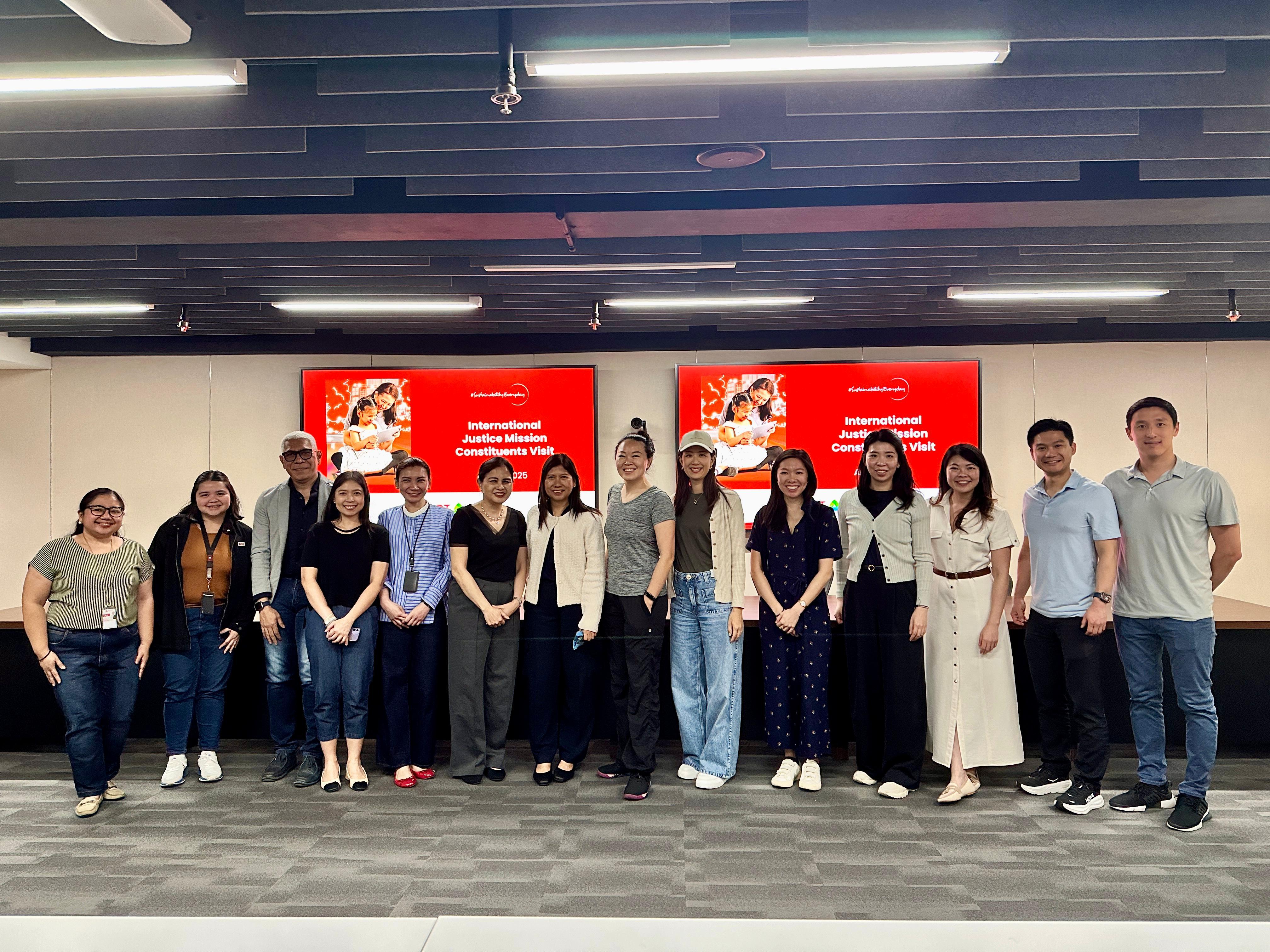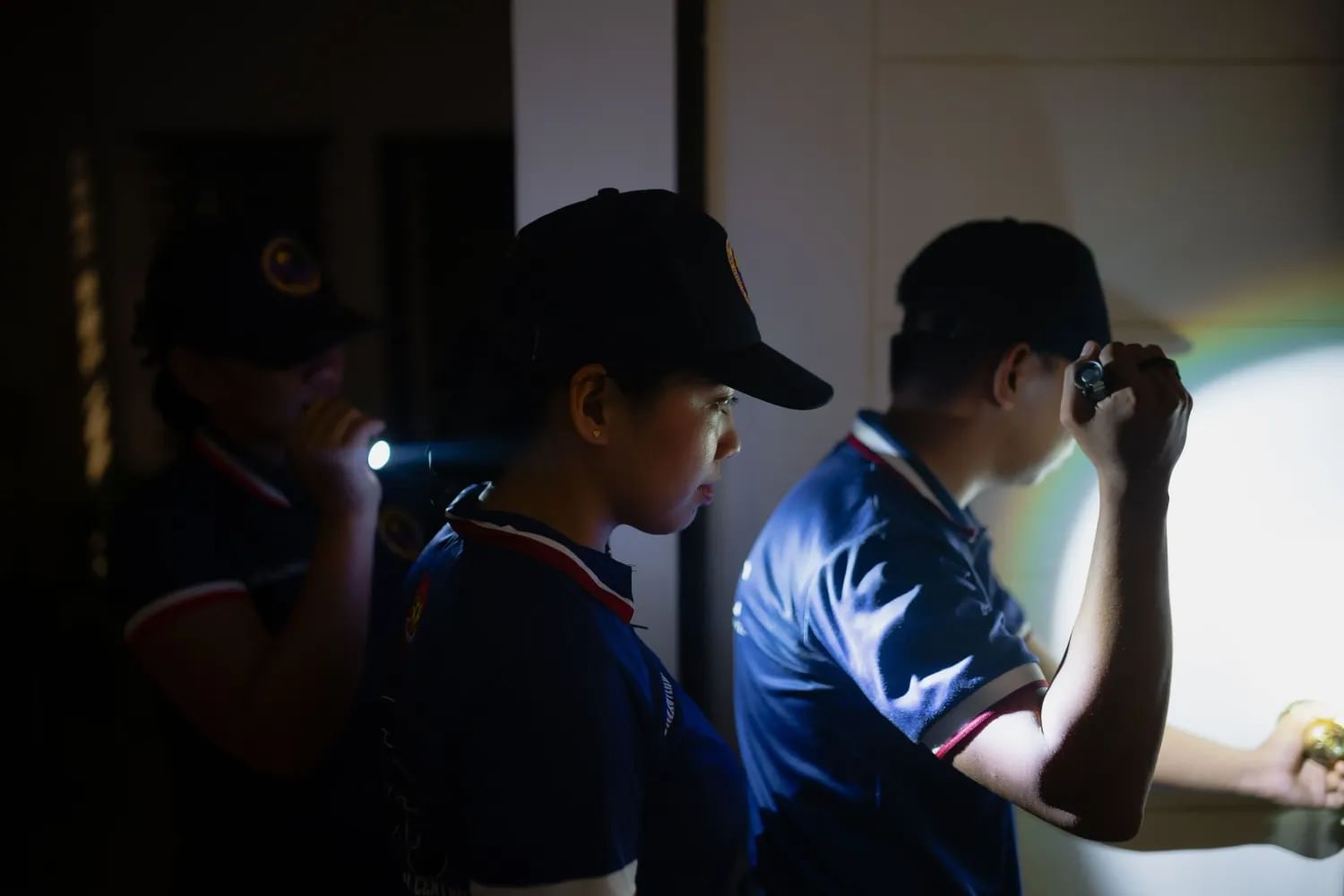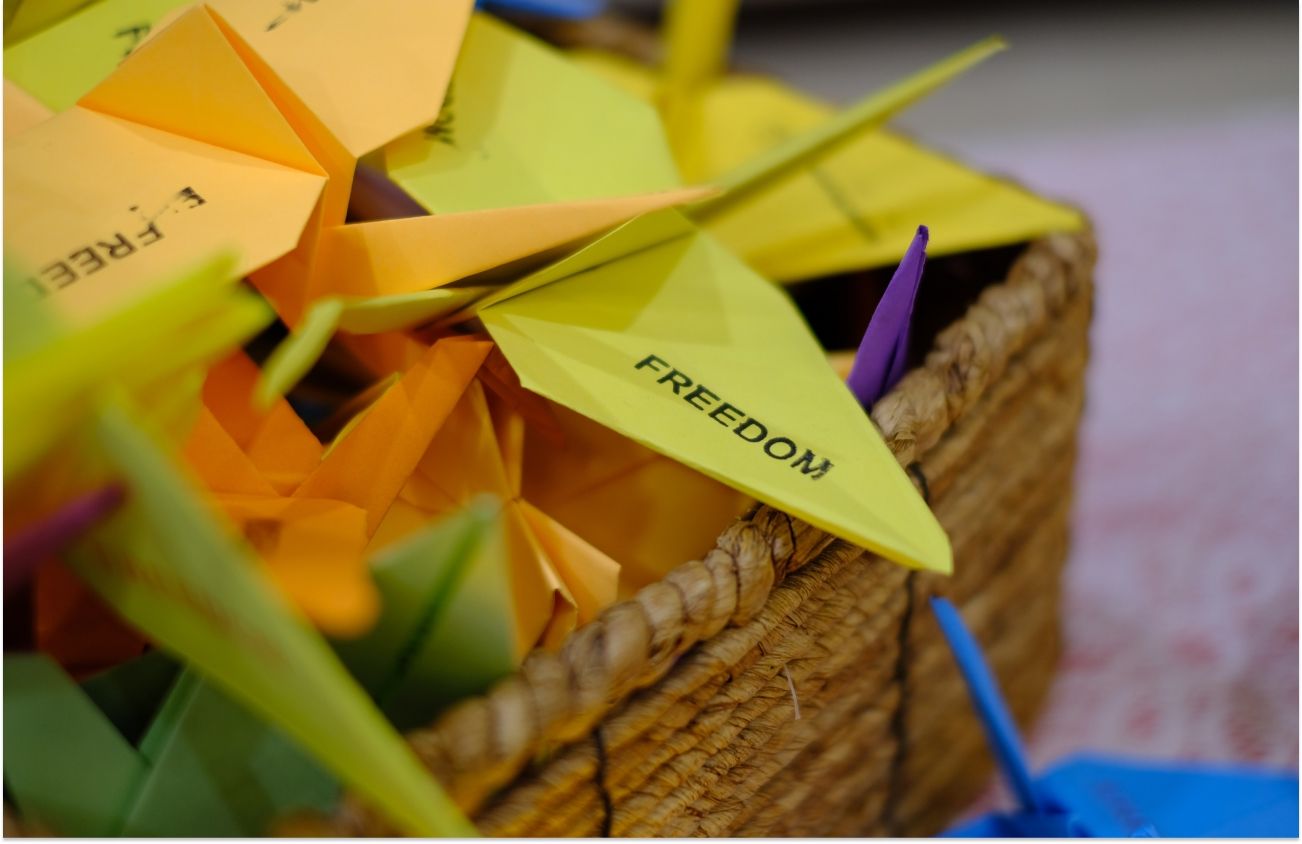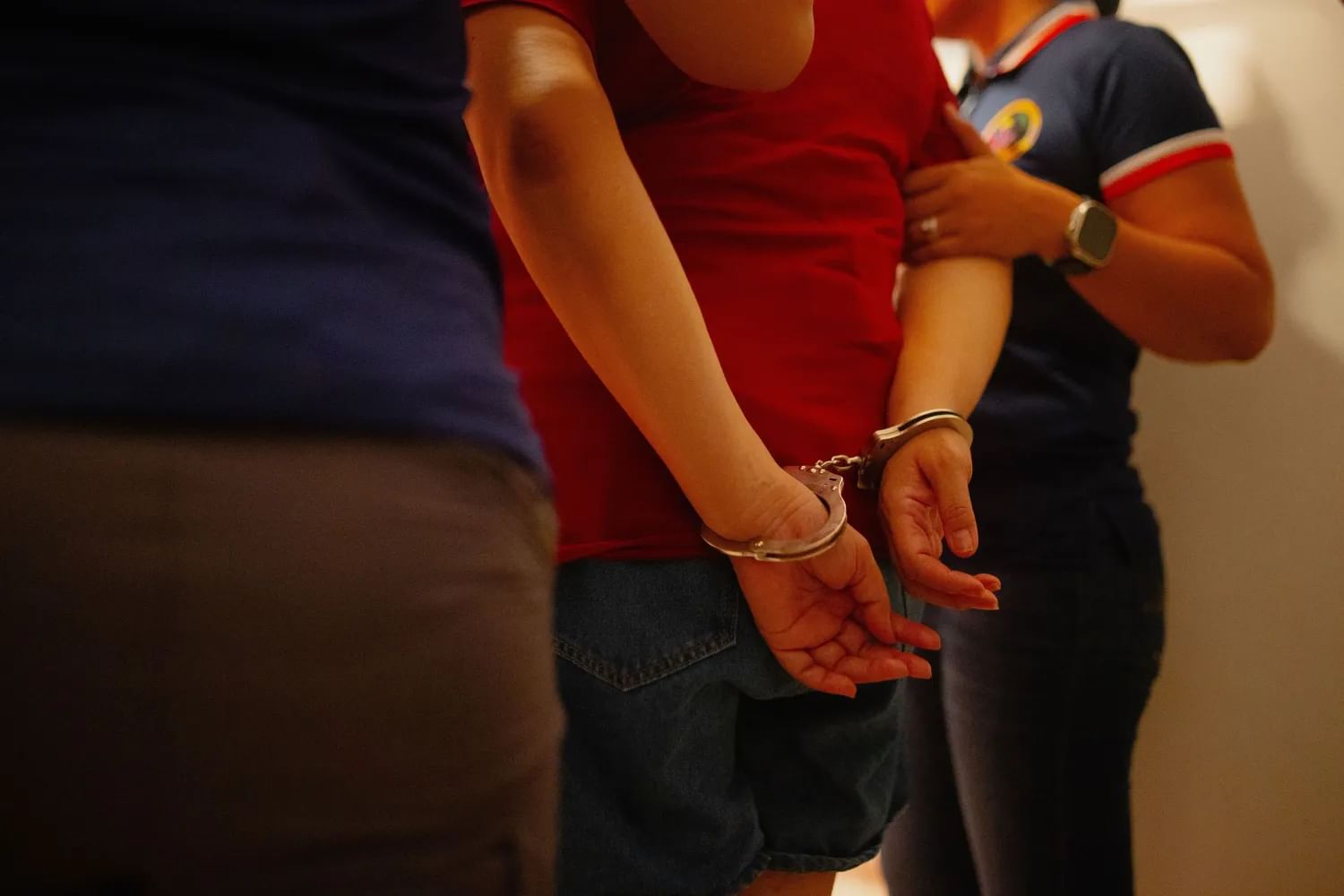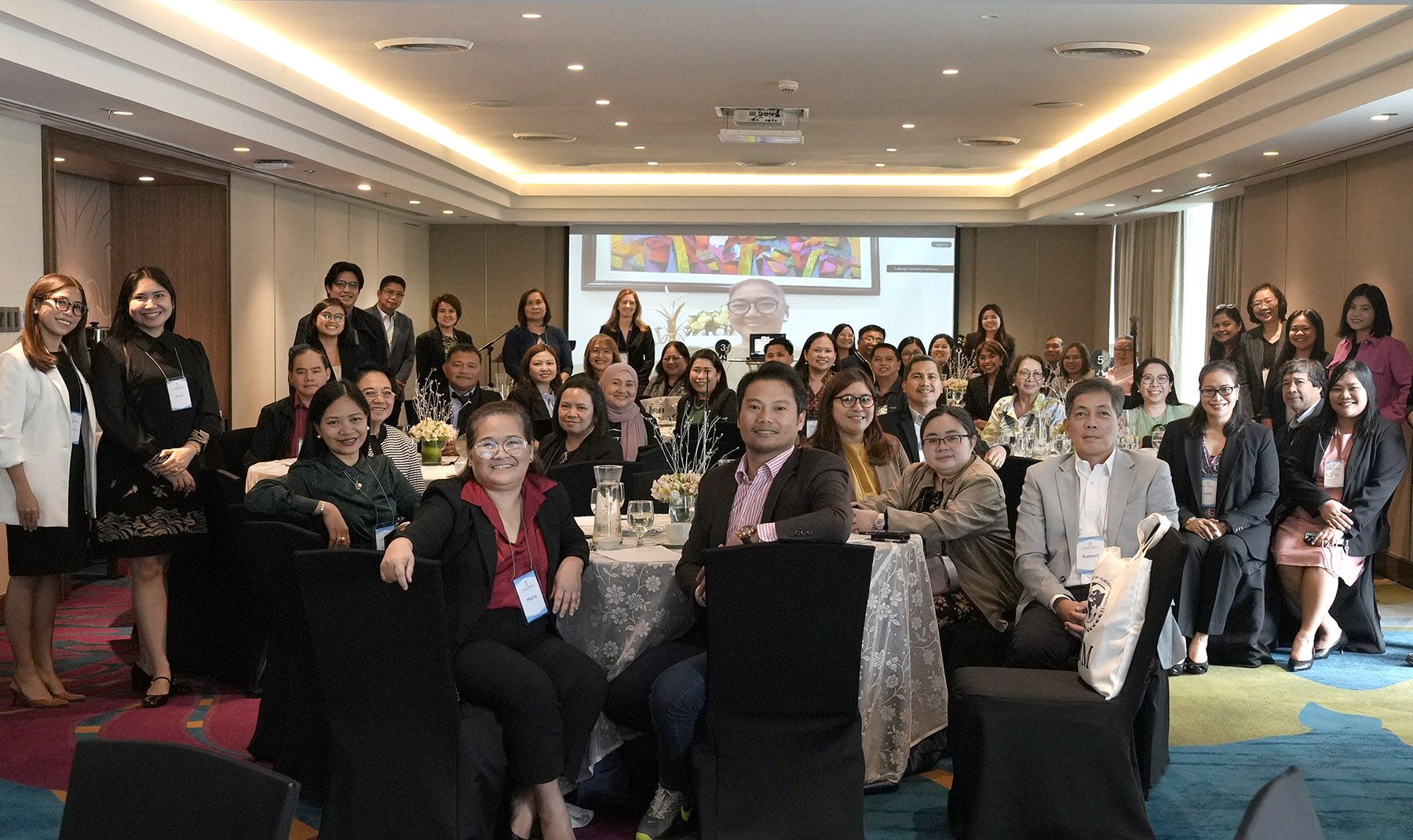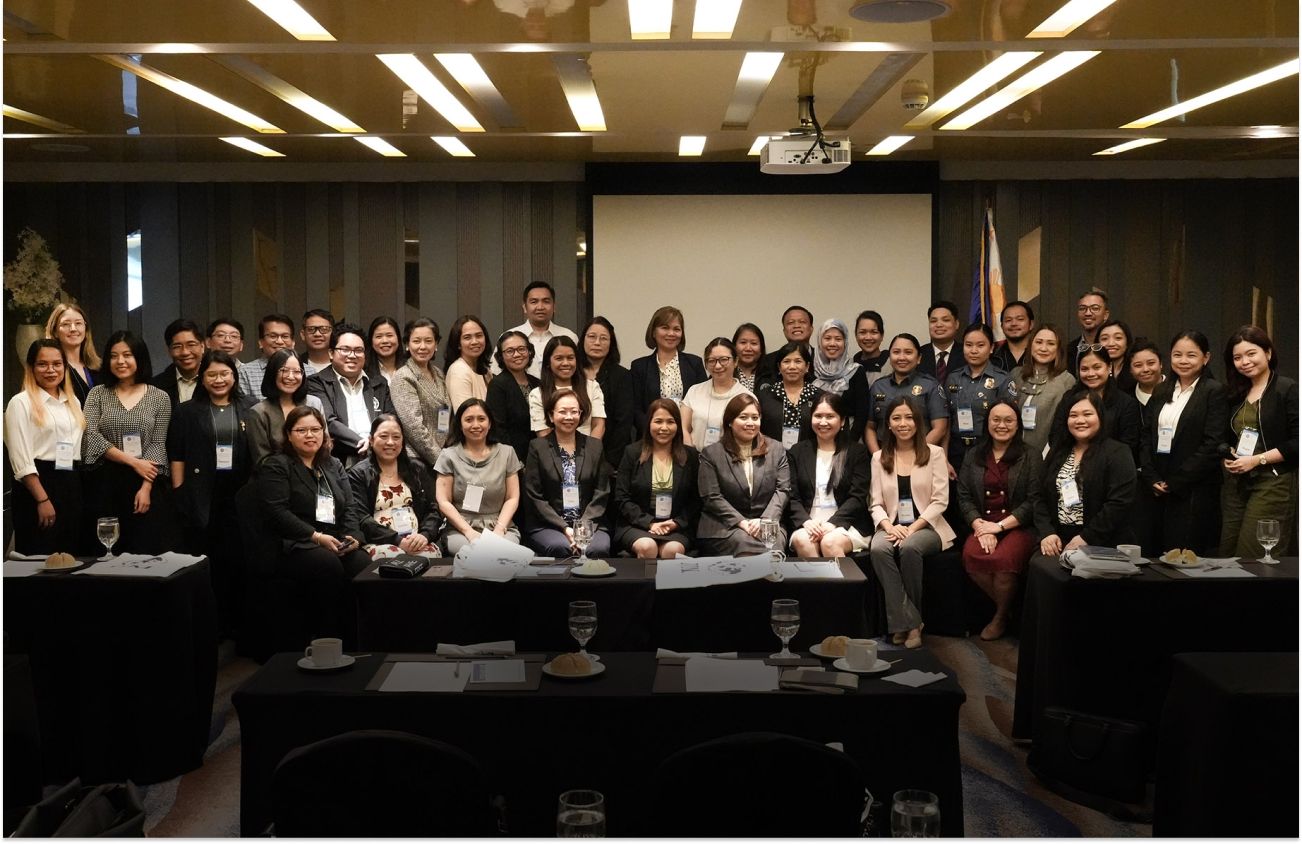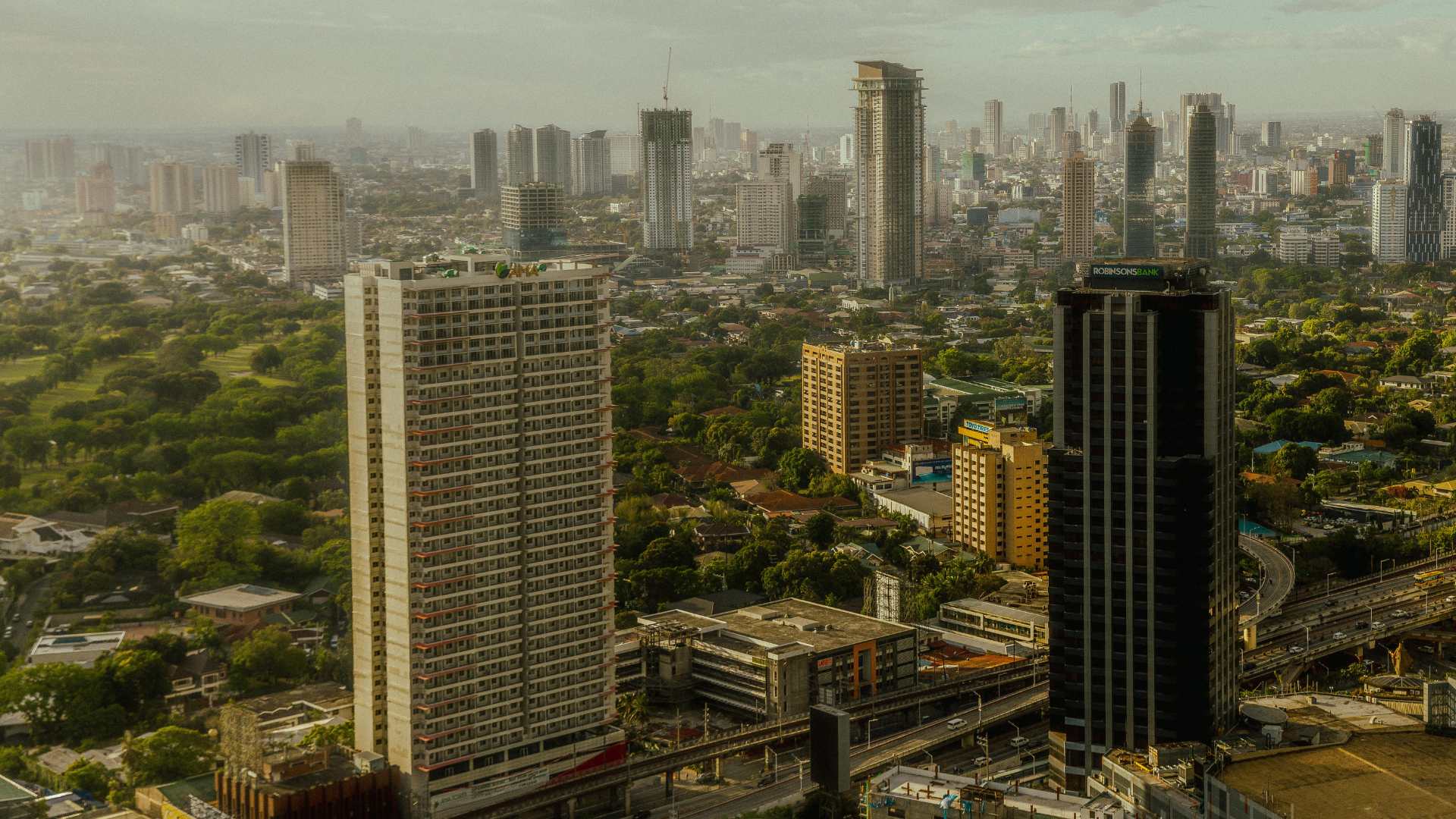
A Day in the Life: Serving with the Manila Legal Team
As I sit in the air conditioned van, watching rows and rows of buildings and cars pass by as the rain beats gently on the roof, I listen intently to my fellow passengers. I'm trying to pick up as much of their conversation as possible, though it flows in and out of English and Tagalog and I can only manage snippets here and there. But I'm familiar with the case, and I get the gist. They are a police officer and an IJM attorney, discussing and preparing for the hearing we are currently driving to attend. The case, like all our cases, concerns the online sexual exploitation of children (OSEC). The police officer was an investigator, conducting an entrapment and rescue operation. The local perpetrator was a mother, offering her child for money to presumed overseas customers for the purposes of sexual exploitation through the Internet. The investigation ultimately led to the mother's arrest and the child's rescue, bringing us to the van that day, so this dedicated officer could present his testimony in the case.
I had moved to Manila from the United States a few months prior to begin a year-long fellowship with International Justice Mission. Prior to coming to work with IJM, I had been a corporate attorney in the Bay Area working primarily with non-profit clients. While I enjoyed my work, my passion has always been for social justice and protecting the rights of the oppressed, so I jumped at the chance to do practical and hands on justice work when the fellowship opportunity arose. I arrived in Manila eager and expectant, but also with some apprehension, knowing that the work of protecting children from trafficking and sexual exploitation would be heavy and difficult.

I arrived in Manila eager and expectant, but also with some apprehension, knowing that the work of protecting children from trafficking and sexual exploitation would be heavy and difficult.
I once spent the entire day driving to a southern province to pick up documents for one of our cases. The only hard copies were at the court, which did not have a copier we could use, so we had to walk to a Xerox down the road and individually scan nearly 200 pages to get copies of the documents we needed. One of the legal team members accompanied me, and over the course of the day he patiently waited for the documents to be copied, chatted with court staff in the down time, and graciously took pictures with the Xerox owner, who was proudly displaying his homemade robots on the street in front of his shop. A day that could have been tedious and long and frustrating turned into a day of making connections and enjoying the time in between. On our trip back, this team member, who has been at IJM for over 10 years doing primarily legal casework, told me that even with all the driving and roadblocks and difficulties, he absolutely loves what he does and is driven by his passion to fight for justice and to end OSEC. Being in the room (or in the van) with people like this tends to light a fire in you as well.
A day that could have been tedious and long and frustrating turned into a day of making connections and enjoying the time in between.
The lawyer I went to the hearing with that rainy day also shares this passion. He had worked late the night before to finish an opposition motion in another case, attempting to ensure the defense's request to dismiss that case would be denied. He had another hearing the day after as well. The other lawyers on our team have similar schedules, with court hearings and case conferences almost every week, along with training events and advocacy efforts in between.
The Challenges of Fighting for Justice through the Legal System
These are not light undertakings, and sometimes it feels like there are roadblocks everywhere.
These attorneys are committed to fighting for justice by holding perpetrators accountable and protecting child survivors. These are not light undertakings, and sometimes it feels like there are roadblocks everywhere. We’ve had a case reassigned midway through as a result of a defense strategy. There can be problems with evidence being improperly handled or misplaced, resulting in issues presenting it at trial. In some areas, there is resistance from public prosecutors to utilize measures that help ensure child protection, like plea bargaining or the use of video-taped interviews so children do not have to appear in court or re-tell their stories of abuse again and again, which can lead to re-traumatization. The process for obtaining legal assistance from foreign nations is often slow, which can delay the procurement of very helpful evidence from demand-side countries where most buyers of child sexual abuse and exploitation materials are located. And often there are simply scheduling problems, with hearings being rescheduled over and over for a variety of reasons, dragging cases out for years.
Justice and Restoration: A Story of Hope
One of these success stories happened recently, while I was once again riding in the van to pick up documents for a case. This time we headed north and went through Pampanga, an area of the Philippines where IJM was originally based, when the focus of the program was on commercial child sex abuse in bars and brothels in the area. On our way back from picking up the documents, we stopped to pick up one of the attorneys who had had a hearing scheduled that day. Fortunately for me, the hearing had not yet started and I was able to slip in to the courtroom and observe.
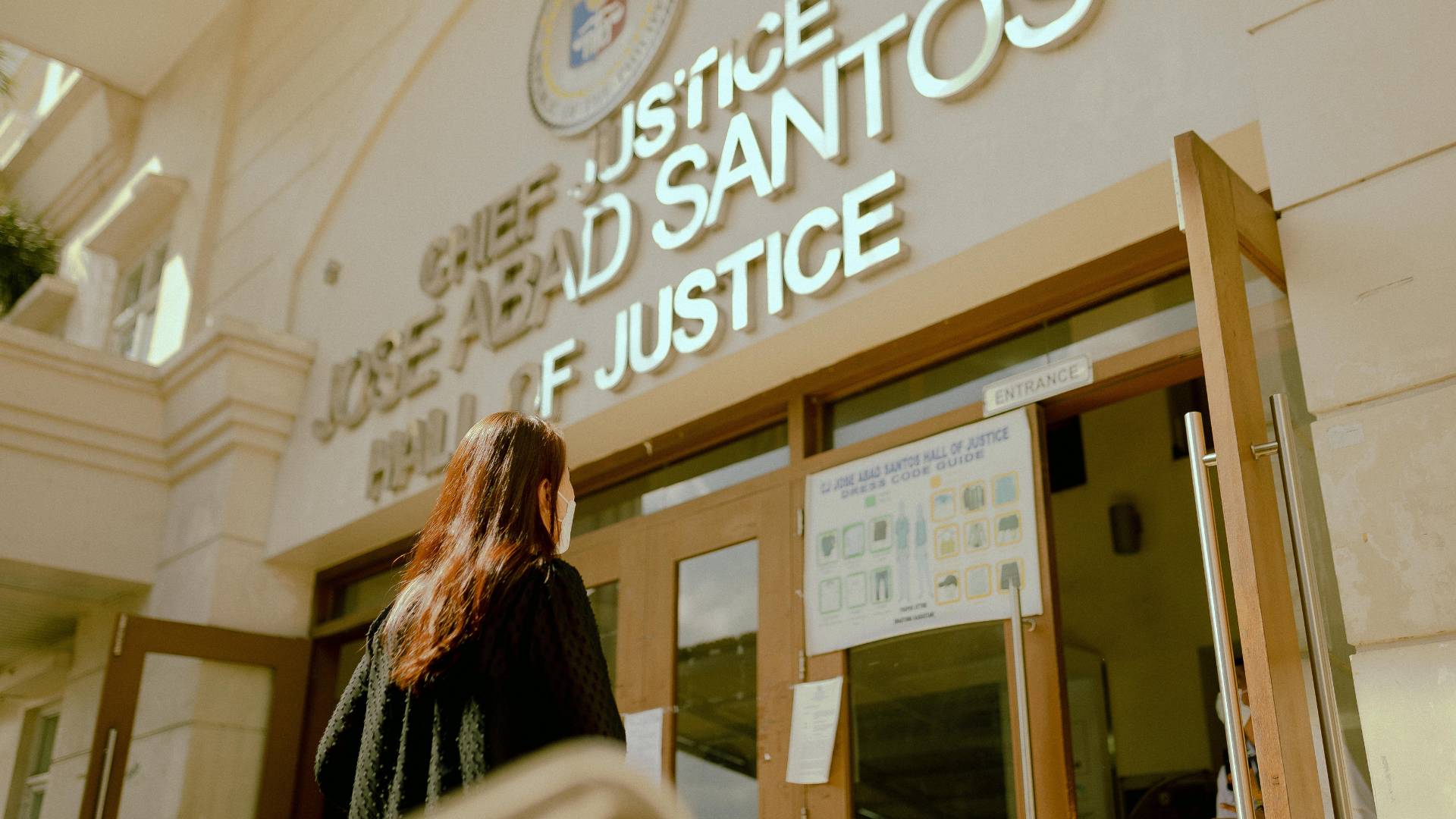
It was a plea bargaining hearing. Like the other case I mentioned, the perpetrator here was the mother of the child survivor. The mother had agreed to be convicted of a lesser sentence and receive 15 years rather than life in prison. The child, a young girl under 10 years old, had to attend the hearing to give her consent to this plea bargain. She came in to the court with her social worker, walking past many members of her and her mother's family on the way in, who had come to court that day to await the fate of their beloved family member who had committed such a terrible crime. When the child sat down in court, she was shaking slightly and dabbing her eyes to free them from tears with a tissue she clung to like a lifeline. When she sat on the bench though, she sat between two IJM attorneys, women devoted to her care and security. Both of them put an arm around her, and I was struck with a picture of protection, like these two women were her guardian angels surrounding her in that moment. The child was able to stand and give her consent to the judge, who also took the child's desire for reconciliation with her mother into consideration. Hopefully, this supervised reconciliatory process will provide the chance for restorative justice, and the opportunity for this broken relationship to be restored.
The forgiveness, grace, and healing that is possible in such a case is powerful to witness, even in the midst of seeing a family so torn apart. God can and does do impossible things. And when you spend time with the people doing this work day in and day out, it becomes easier to believe in the impossible.
IJM's work in the Philippines is driven by its goal to end OSEC. It is an audacious goal, but it is one that is fully possible because of all the people who are dedicated to making it a reality, and because we serve a just God who heals and restores in great and impossible ways.
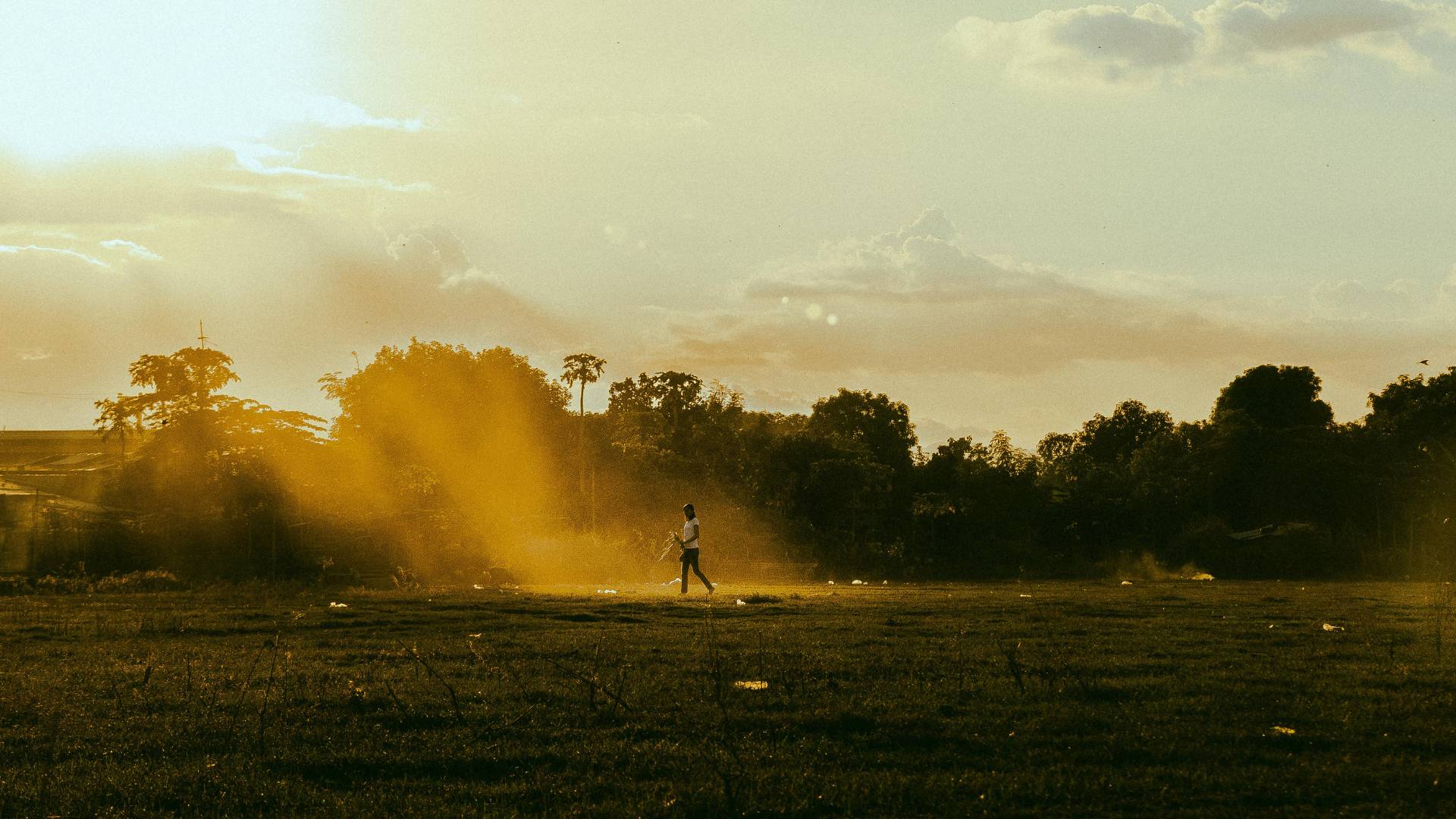
Photo credit: All images by Cadence Media, taken in Manila and Pampanga in 2022
